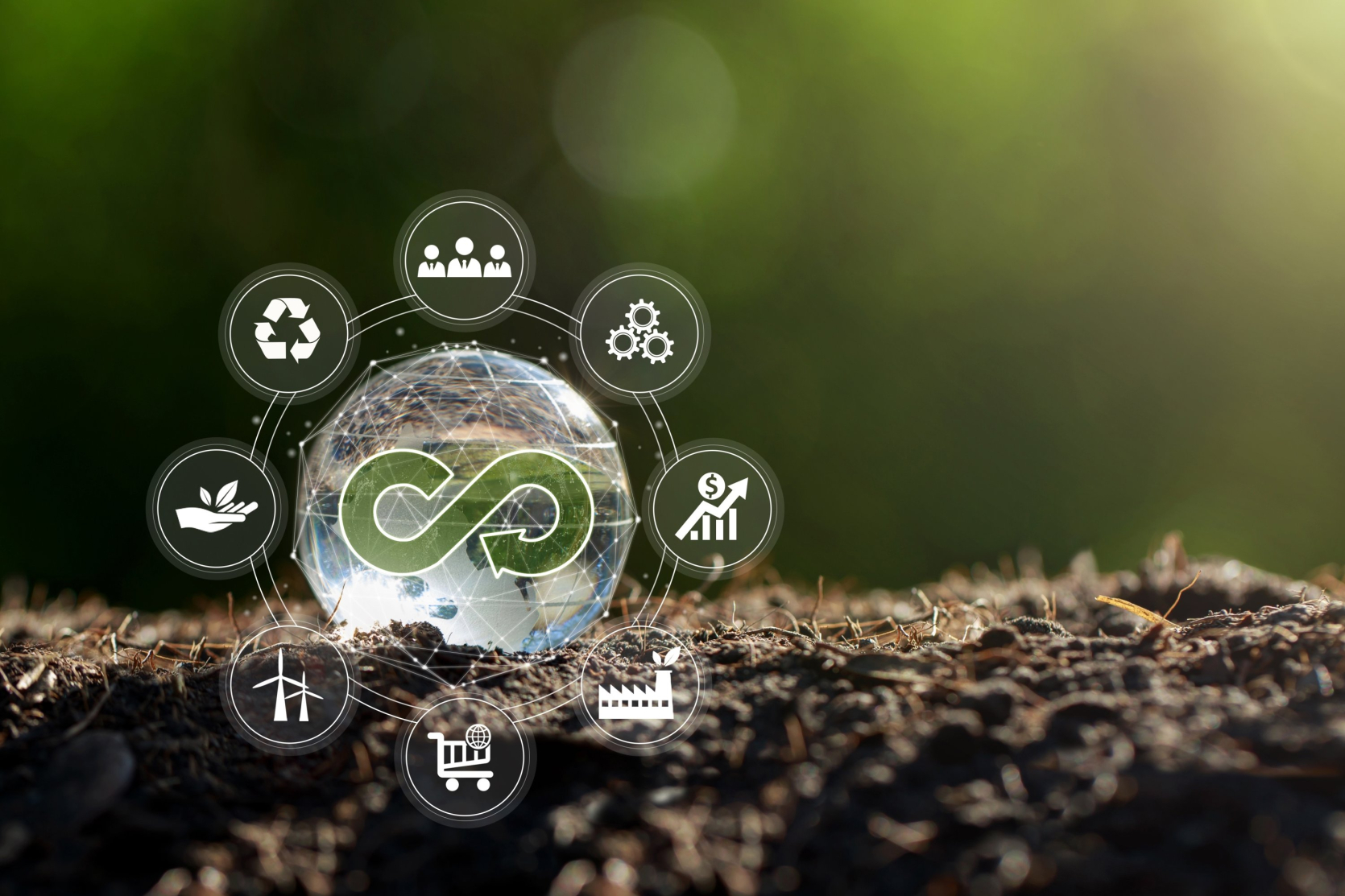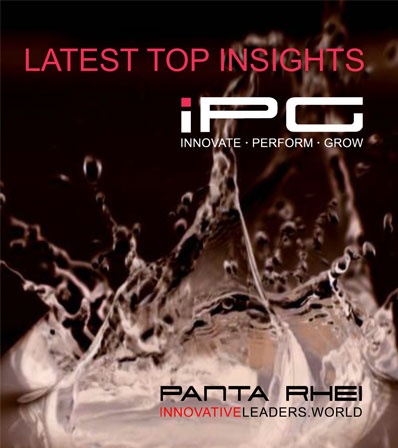Why it's time to embrace the circular economy
To prevent a worst-case scenario for our planet, we need a collective mindset shift on par with the one that gave birth to recycling decades ago. It is time we embrace the idea of a circular economy – one that makes every effort to stop waste at the production level, where it starts. Most global corporate investment flows in a traditional linear economic model of take-make-dispose, representing $35 trillion of economic activity from 2019 to 2021 alone. But the circular economy encourages a different mindset: "repair, redesign, reuse".
This approach would change how we extract, produce and dispose of a wide range of materials, including plastics, textiles, glass, steel, copper, titanium and an array of vital components for mobile phones, cars and refrigerators that we use every day.
It also would provide investors with a unique opportunity to both rewrite the planet’s future and produce high economic and social returns.
Tackling the single-use issue will be a challenge, especially at a time when the global economy is slowing, and many companies are battling multiple headwinds. But we know it can be done.
Sectors leading the way on circular economy
Fashion, electronics and construction are among the industries already leading the transition toward a circular economy, with trainers meant to be worn out and then returned for recycling, furniture buy-back programmes, and reusable and returnable fast-food takeout packaging.
The International Finance Corporation (IFC) currently has more than $1 billion invested in circular economy projects. One of them is with Indorama Ventures, a manufacturer and recycler of polyethylene terephthalate (PET)—a fully recyclable polymer most used for beverage plastic bottles and food containers.
By recycling post-consumer PET bottles into new bottles, we give waste an economic value. This drives improvements in waste-collection systems, meaning less waste and cleaner oceans.
Indorama Ventures aims to increase its annual PET recycling capacity to 50 billion bottles by 2025, including in India, Indonesia, the Philippines, Thailand, and Brazil – five countries most severely affected by marine pollution.
To achieve this, Indorama Ventures is investing $1.5 billion, including a $300 million “blue loan” from IFC, the Asian Development Bank, and German development finance institution DEG.
The investment will reduce Indorama Ventures’ carbon footprint by the equivalent of nearly 3 million barrels of crude oil and reduce CO2 emissions by 1.65 million tons annually. This represents a huge advance, and it is far from the only one. But we want to do more, and we want to see the number of global circular economy projects grow.
How do we get there? Building awareness is key. We also need regulatory changes – including well-designed and enforced laws, policies, and standards – that encourage and protect circular economy projects.
How Thailand is working towards a better climate future
Thailand offers a good example of a country working to alter its climate future. In 2019, the Thai government ratified two agreements committed to protecting the country’s marine environment and to strengthening regional cooperation in addressing marine debris issues: the Bangkok Declaration on Combating Marine Debris and the ASEAN Framework of Action on Marine Debris.
That same year, the government acknowledged the National Roadmap on Plastic Waste Management 2018-2030 as a policy framework to manage the country’s plastic waste problem.
A 2021 IFC-World Bank study drilled down on challenges in the country’s plastics circularity, including little demand for non-food grade recycled plastics, linear municipal waste systems that prioritized collection over recycling, and divergent financial incentives for the recycling industry than for the virgin plastics industry.
The team conducting the study offered concrete policy and regulatory actions to address the most pressing issues, including increasing sorting efficiency to make recycling as economically feasible as collection, mandating “design for recycling” standards for plastics, and creating industry-specific requirements to collect post-use products.
Structural changes key to creating circular economy
Structural changes like these are critical if we hope to see real change – as is innovation that leads to effective materials-recovery systems and the infrastructure to support logistics for waste collection and sorting. We also need the financing to support that innovation.
Right now, supply chains around the world are being re-tooled to adapt to major disruptions, including the pandemic and the effects of the war in Ukraine. We must seize this opportunity to embed circular economy principles into global supply chains.
To do this, we need to adopt a “whole-of-value-chain” approach that would see industry associations come together with retailers, distributors and end users to solve one of the greatest challenges of our time.
There is much we can do to foster the circular economy and help it grow. If we work together and stay committed, our efforts will not go to waste.
This article was originally published by: WEF

















